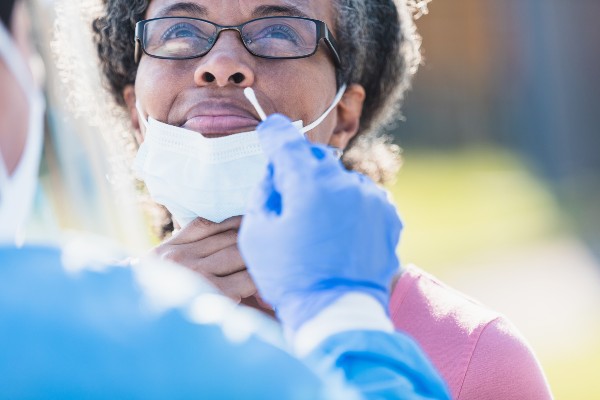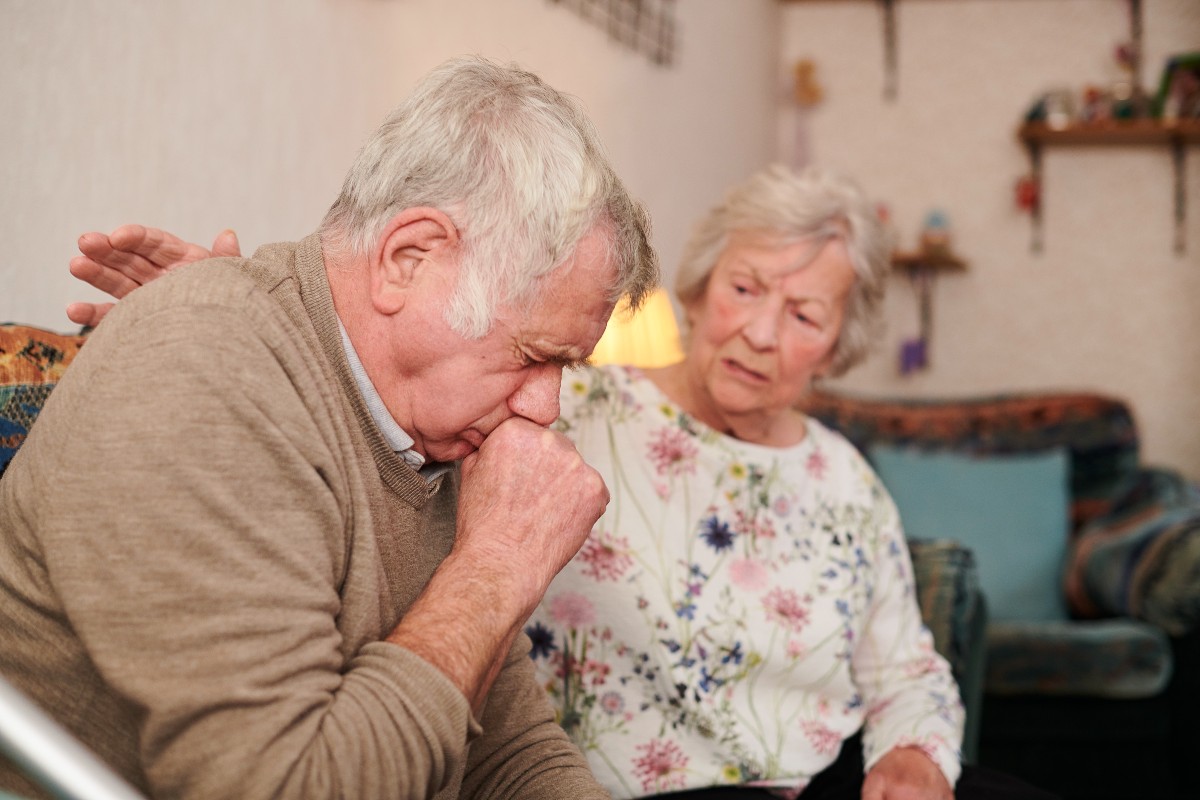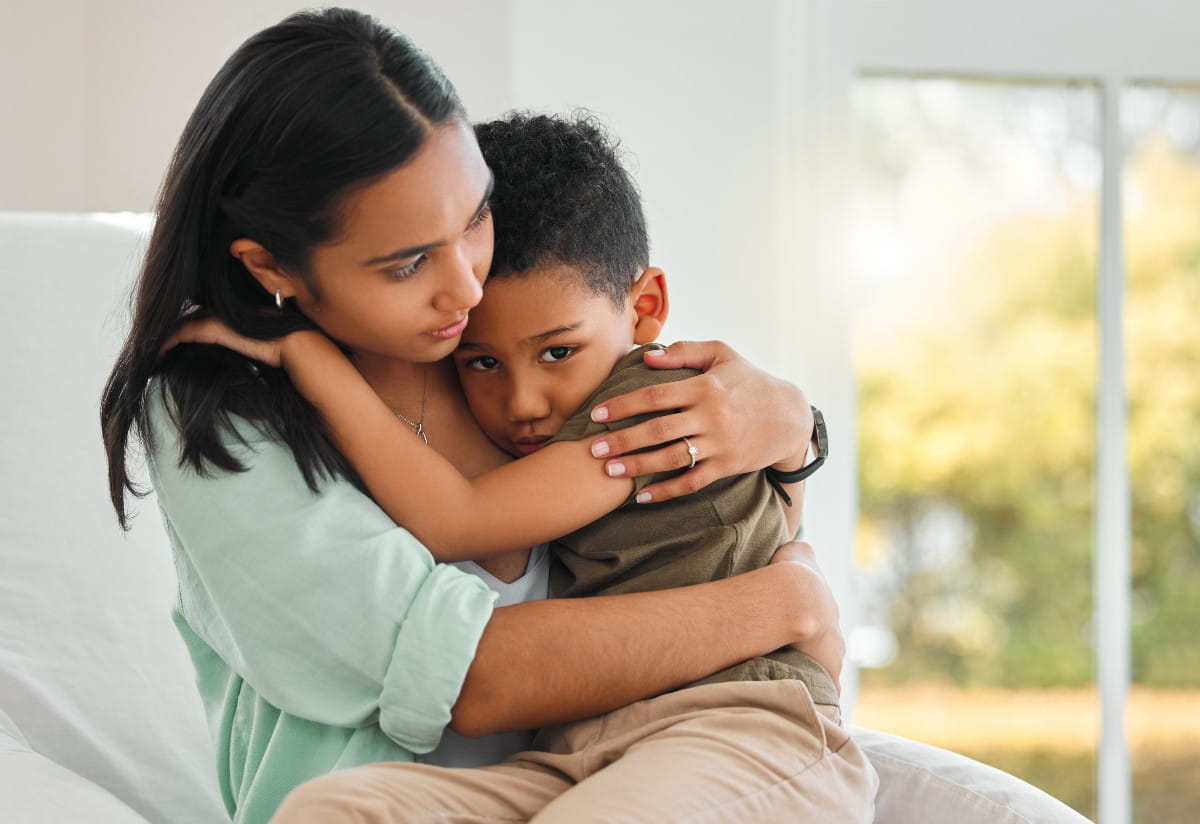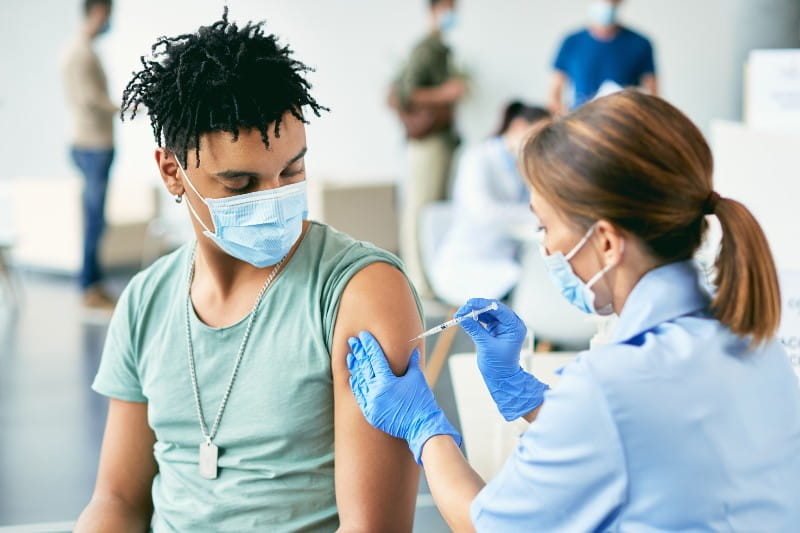In December 2020, a new variant of COVID-19 was detected in India and is now the most dominant variant in the United States. With the rapid spread of this newest variant throughout the U.S., coronavirus cases are spiking in parts of the country, especially in communities with low COVID-19 vaccination rates.
The discovery has prompted questions and concerns about this new mutation. How contagious is the Delta variant? What are the symptoms, and how effective are the vaccines against the new strain?
Is the Delta variant more infectious?
According to the Centers for Disease Control and Prevention (CDC), the Delta variant or B.1.617.2 has a potentially higher transmission rate than other variants. Findings suggest that it is highly transmittable in indoor sports settings and within households.
“In communities with low COVID-19 vaccination rates, this may lead to increased hospitalizations among people who are not fully vaccinated,” says Rebekah Sensenig, D.O., Infectious Disease Specialist with Riverside Health System. “The CDC recommends vaccination as the most crucial strategy in reducing the spread of COVID-19 and its variants. Currently, more than 99% of people who die from COVID-19 are unvaccinated.”
Are the Delta symptoms different?
Scientists are not sure whether Delta symptoms differ from other variants. But symptoms do vary between those who are vaccinated and those who are not vaccinated. According to the CDC, people who have been vaccinated and still develop COVID-19 have milder symptoms than those who have not had the vaccine. The vaccine has also been shown to prevent severe illness and hospitalization.
The most common symptoms for fully vaccinated people include headache, sore throat, runny nose and sneezing. Symptoms from earlier variants have moved down the list, such as loss of smell, shortness of breath, and fever.
For unvaccinated people, the most common symptoms include the same cold symptoms as for vaccinated people, but they are more severe and include a persistent cough. Loss of smell is also still a predominant symptom in non-vaccinated people.
Are the vaccines effective against the Delta variant?
While the COVID-19 vaccine is still the best way to prevent infection, some vaccinated people may still get sick because no vaccines are 100 percent effective. And remember, it takes about two weeks for the body to build protection against the disease.
“All three of the vaccines available in the U.S. are showing effectiveness against severe disease and hospitalization from the Delta variant,” says Dr. Sensenig. “In a study out of the UK, two doses of the Pfizer vaccine showed 88 percent efficacy.” According to the CDC, you are fully vaccinated two weeks after your second dose of the Pfizer or Moderna vaccine and two weeks after your single dose of the Johnson & Johnson/Janssen vaccine.
The best way to prevent the spread of COVID-19 and prevent new variants from developing is by containing outbreaks. And that includes getting the vaccine, which is vital in the fight against the spread of the disease. The CDC recommends getting the COVID-19 vaccine as soon as you can. And until you are fully vaccinated, continue using a face mask and always gather in spaces with proper ventilation.
Riverside Health continues to recommend the COVID-19 vaccination and offers the vaccine throughout the region. Schedule an appointment through Riverside or call 757-534-5050.



